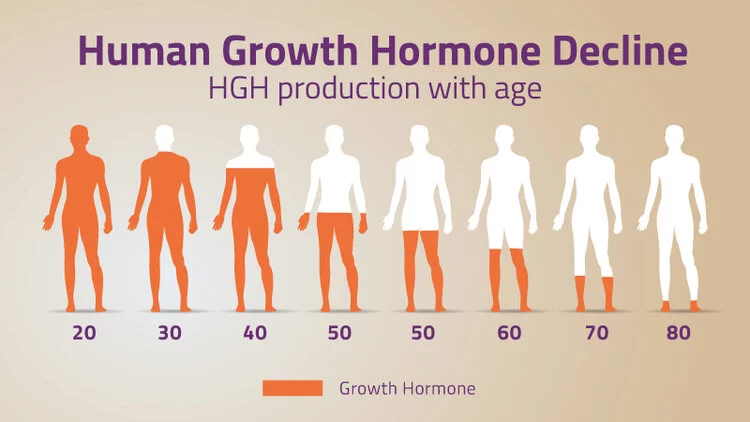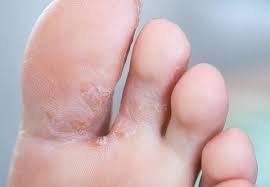If you suspect that you or the child could have an attention deficit hyperactivity disorder (ADHD), talk to a GP.
If you’re concerned about your child’s behavior, you may want to speak with their teachers before seeing a GP for a consultation to determine their concerns regarding your child’s behavior.
The GP is not able to officially determine ADHD. However, they can talk to you about your concerns and recommend an assessment by a specialist should it be necessary. People Buy Adderall Online to focus more on their Daily tasks
If you visit a GP, They might be able to ask:
- About your symptoms or the symptoms of your child.
- The moment these symptoms began
- Which the symptoms manifest in the context of the home, at school, university or college, in the workplace, school, college, etc. work
- How do the symptoms impact you or your child’s daily life, for instance, when they hinder social interaction
- If there have been any significant recent events in your life or that of your child, like the death or divorce of the family
- If there’s a family background of ADHD
- Regarding any other issues or symptoms of various health issues you or your child might have
Next steps
Teenagers and children
If your GP suspects that your child could have ADHD, The doctor may recommend a time known as “watchful waiting” – lasting about ten weeks – to see if the child’s symptoms improve, remain the same, or worsen.
It is also possible to start an ADHD-focused group training or education program. If you are offered an education and training program is not a sign that you’ve been a bad parent, but it’s designed to teach you ways to support yourself and your child.
Learn more about the treatment for ADHD to get more details.
Suppose your child’s behaviour isn’t improving, and both you and your GP consider it detrimental to their everyday life and daily routine. In that case, the GP must take the child and you both to an expert for a formal evaluation.
Adults
For adults who may have ADHD If you are a person who has ADHD potential, your GP will evaluate the symptoms you are experiencing and recommend an assessment in the event:
Most young people in the US are addicted to Adderall to treat ADHD.
- You weren’t diagnosed with ADHD as a child. However, your symptoms started in your teen years and have been ongoing.
- The mental health issue does not cause your symptoms.
- Your symptoms can significantly impact your everyday life. For instance, if you’re not performing at work or have difficulty forming intimate relationships. difficult
You might be referred to a specialist if you have ADHD as an infant or a young person and are creating severe or moderate functional impairment.
Assessment
You or your child may be referred by one of the following kinds of specialists for an official evaluation:
- A specialist child or adult psychiatrist
- A paediatrician is a specialist in the health of children
- a qualified health specialist with experience and training in the field of diagnosing ADHD
The person you’re assigned is based on your age and the services available in your region.
There isn’t a single test that can find out if you or your child has ADHD, But a professional will be able to make a precise diagnosis following a thorough assessment. The assessment could consist of the following:
- A physical exam can identify any other causes that could be causing the symptoms
- A series of interviews with your child or yourself
- reports or interviews from other important people, including teachers, parents, or partners
Diagnosis for children and teens
Finding out if your child has ADHD for children is determined by the strictest guidelines. To be considered to have ADHD, the child must exhibit 6 or more signs of inattention or six or more indicators of impulsivity and hyperactivity.
To be diagnosed as having ADHD, the child should also be displaying the following:
- had been showing symptoms continuously for at minimum six months
- began to exhibit symptoms before the age of 12 years old.
- Manifested in at least two different situations: at home or school. It is important to rule out the possibility that this behaviour is a response to certain teachers’ or parents’ control
- issues that cause their lives to be much more difficult at a social and academic, or work level
- symptoms that aren’t the result of an underlying disorder or a challenging phase and aren’t better explained by a different disorder
Diagnosis among adults
Diagnosing ADHD in adults can be more difficult because there’s a bit of disagreement over whether the symptoms used to diagnose children or teenagers can also be applied to adults.
In certain instances, adults may have been diagnosed with ADHD if they display five or more signs of inattention and five or more instances of impulsivity and hyperactivity, which are listed in the diagnostic criteria for children who have ADHD.
In your evaluation, The specialist will ask about your current symptoms. In the current guidelines for diagnosing ADHD, the diagnosis of ADHD for adults is not verified unless the symptoms were present from early childhood.
If you’re struggling to recall whether you experienced issues as a child, your doctor may want to look over your school records from the past or talk to your teachers, parents, and anyone else who knows you well as in your youth.
To be diagnosed with ADHD, the symptoms must be able to have a mild impact on different aspects of their lives, for example:
- not achieving in work or school
- driving in dangerous ways
- difficulties in keeping or making friends
- difficulties when it comes to relationships between partners
If your issues are new and haven’t occurred frequently over the years, you aren’t considered to be suffering from ADHD. This is since it’s considered that ADHD isn’t a condition that can be developed at the beginning of adulthood.




